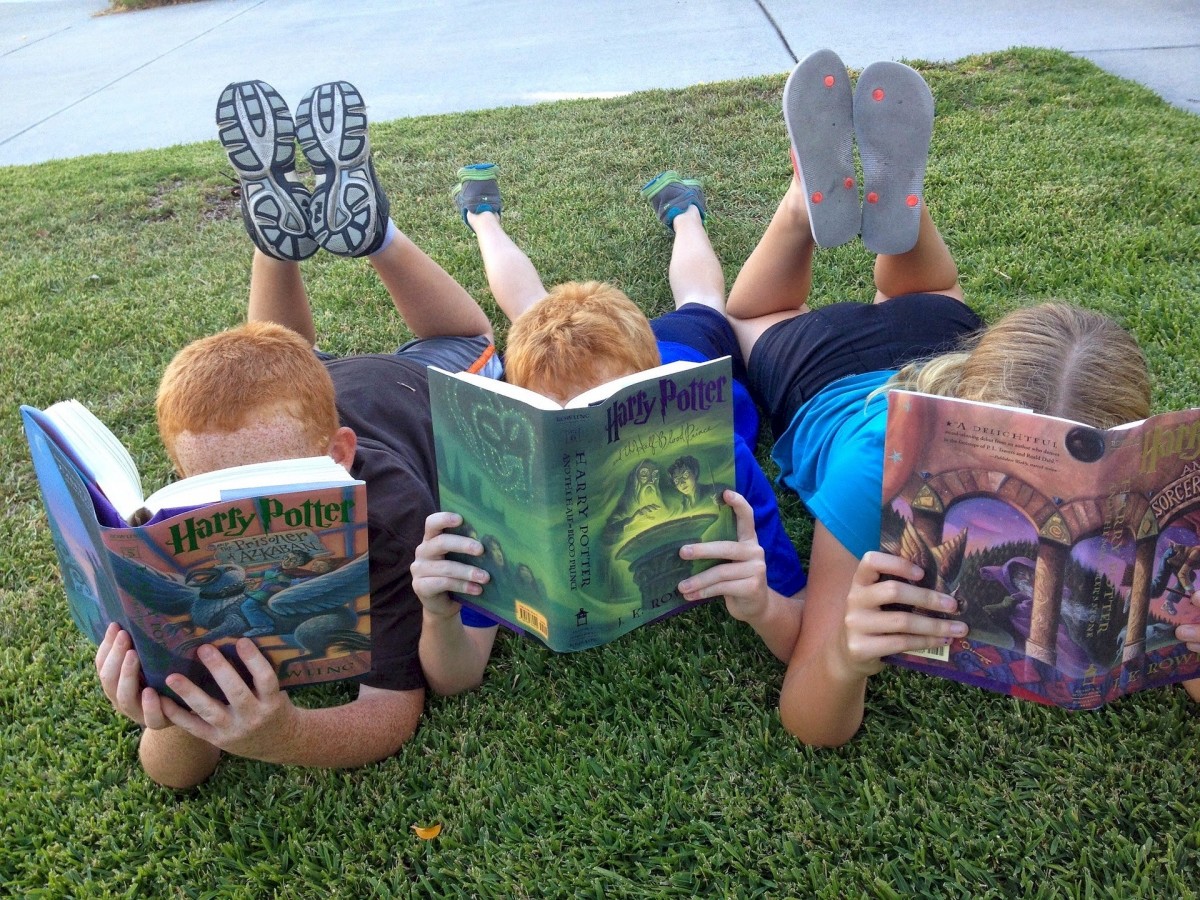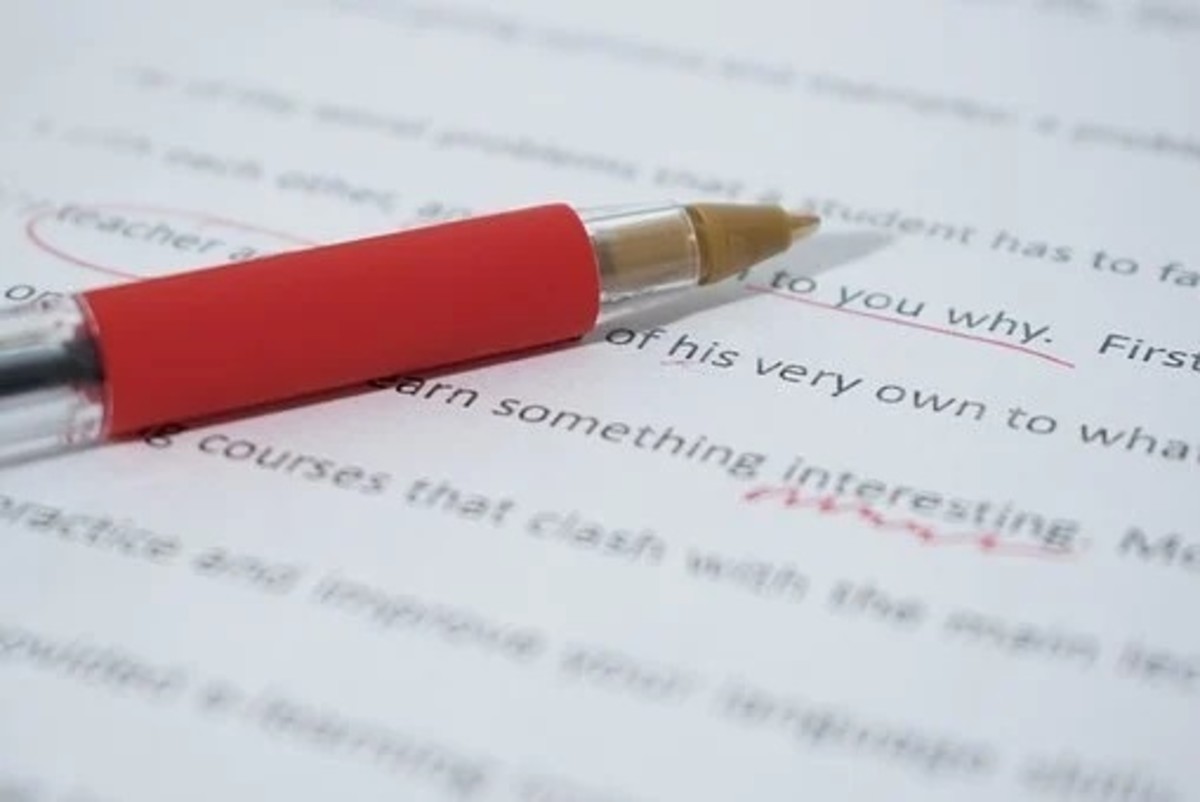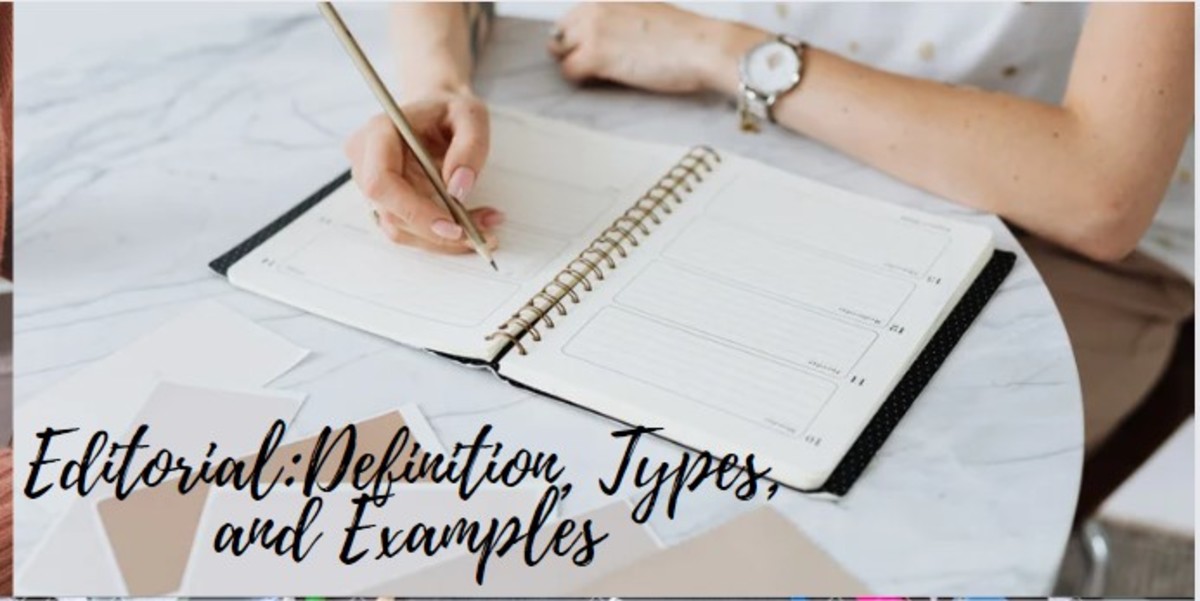The Cardinal Sins (And Virtues) Of Writing And Editing
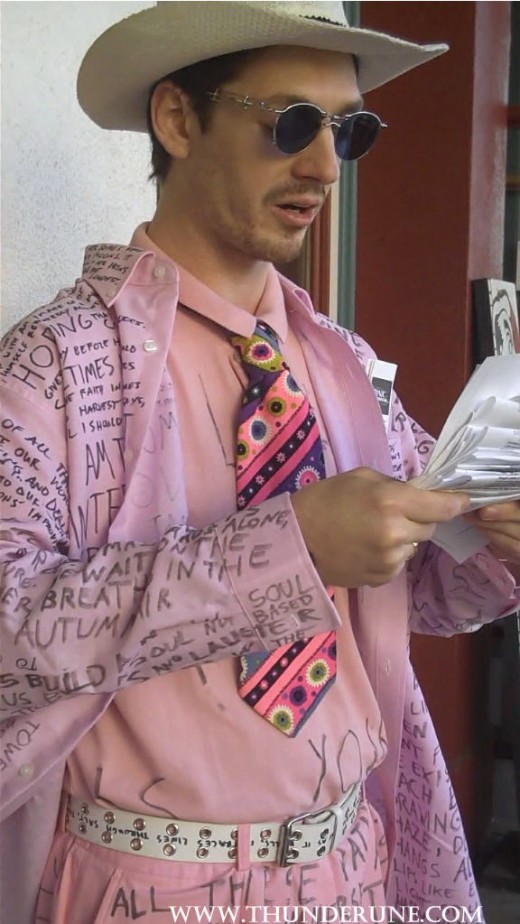
My name is E.S. Wynn.
I've worked in the fiction industry for more than ten years. I've been working as an editor for various magazines and presses since 2005. I'm the author of over fifty books in print and the chief editor of seven online fiction journals. I have work published or upcoming in over one hundred magazines, 'zines and anthologies. I love the industry. I eat, sleep and breathe fiction, and as such, I've seen a lot more than most who dare to dabble in writing. Compiled below are a list of things that I've learned either through my own mistakes or by watching the mistakes of others.
Writers:
DO:
Read your chosen venue's submission guidelines. They are there for a reason. If you ignore them and just CTRL+F to the submission email address, then you do so at your own peril. Sometimes a venue's guidelines will be long and boring. Read the guidelines anyway. It may seem like a waste of time, but trust me, you'll save more time if you send your stories and poems the right way the first time than you will if you send them the wrong way every time.
DO:
Send only finished work. If you're reading a story you've sent after it's been sent, accepted or published and you find an error in your copy, the story isn't finished. If you contact an editor after he or she has already edited your story and ask if you can “just add one more change,” then your story isn't finished. Proof your work, then move on. Don't be narcissistic. Don't look back or fawn over your work until you find a spot you feel might be improved by slightly different phrasing. Finish your stories, send them off, move on and never look back.
DO:
Make time to write everyday. If you're going to “be a writer,” then you have to write. Don't wait for inspiration to come find you. Go out and grab it. The only way to improve as a writer is to learn, and there are only two ways to learn: through reading and writing. Read as much as you can and write constantly.
DO:
Tell everyone you can when a piece of your work gets picked up for publication. No matter how large or small the venue is, crow about it to as many people as you can. Many writers will be silent because, if they've already been paid for their work, there's no immediate motivation for advertising. Most writers don't get paid by the tweet, so they might not see the value of spreading their work around. It's important, however, for writers to realize that there is a direct correlation between reputation and cash flow. Think of it in terms of this overly-simplistic example: that story you didn't tell anyone about? Imagine if one Facebook post, one tweet or pin caused even a thousand people to see it. Now imagine if just one of those thousand was looking for a great writer to give a nice fat contract to. Always crow about your work to as many people as you can. Always. That's the secret to success in this industry.

DON'T:
Don't send queries every five minutes. It may take an editor a day or a week or even longer to get back to you. Editors are people too. They have lives, and some of those lives are very busy. Yes, you wrote a story, but that does not mean that you are entitled to an immediate response. Send your story, make a note of where you sent it and when and then forget about it for at least a month or so.
DON'T:
Don't worship your first story (or two.) Always be writing something new. It's unprofessional to send nothing but the same old reprint to every venue you can track down an email address for. Original and unpublished work should be all that you send, with few exceptions. Even more unprofessional, some writers will actually request that editors remove their story from online archives so they can submit the piece as “new and unpublished” to different venues (when it actually isn't) instead of writing something new. Don't be one of those writers.
DON'T:
Don't send the same story to several editors at the same time. This is referred to as “simultaneous submissions.” Most editors prohibit simultaneous submissions outright in their submission guidelines and breaking that rule can sometimes lead to immediate rejection. Don't risk it. We editors do talk. We'll notice, and few things piss an editor off more than reading a really great story, taking the time to edit it and prep it for publication only to get a note from the writer that it has already been accepted elsewhere. Nobody likes it when someone wastes their time carelessly.
DON'T:
Don't forward your work to an editor after it has been rejected by a different editor. You can (and should) send your unpublished work to different venues until one picks it up, but forwarding all of a given work's rejection letters on to editor after editor is just bad form. It's like offering half-eaten food to someone who watched you pull it out of the trash. Take the time to revisit your work and send it out in a fresh email.
DON'T:
Don't argue with an editor, get angry or call an editor names if they reject your work. A rejection can mean many things, but it's never meant to be an insult. Usually, it just means that there's no room in the schedule/ToC or that a piece is just not a good fit for that particular venue. Put yourself in your editor's shoes. How would you handle necessary rejections and how would you want your writers to respond? Treat your editors the way you would want to be treated, then move on to the next venue.
DON'T:
Don't blindly follow “advice” you find on the internet concerning “how to write better” (this goes for editors too.) I've seen so much garbage out there. It's ridiculous. It's not even funny. Some of the worst “advice” even goes viral. People don't think about what they're sharing, they just see an image that says something off the wall and they spread it around as if it might provide some profound insight to those “lazy, silly writers out there who just aren't smart enough to make their millions writing tawdry poetry yet.” The best writing, the writing that will “get you published” is the writing that you have within you. Nothing more, nothing less. Read as much as you can and then write with your own voice. Provide clean copy, be consistent, follow submission guidelines, write interesting stories and, most importantly, refuse to give up. That and time (sometimes lots of time) are all it takes to succeed.

Editors:
DO:
Treat all writers as equals. Yes, some of them are newbies and some of them have a couple million words under their belt, but they're all human. They all have feelings, and none of them are worth any more or any less of your time than any other writer is.
DO:
Carefully read the work sent to you. That last story that you rejected because it was written in an unconventional style– are you sure the writer was just an amateur with no real grasp of basic grammar or could the form and style of the piece not be so unpolished after all? Some of the most beautiful works of literature use language in experimental ways. If something strange is done multiple times in a story, it's probably intentional (or the writer just has a really hard time with some singular concept. That happens too.) Either way, make sure you take the time to give the writer the benefit of the doubt before dashing off a canned rejection letter for a piece that doesn't make sense on the first glance.
DO:
Be honest with your writers. If you don't have space in your mag or anthology to publish their work, tell them. Give real reasons for rejecting their work or just send a thoughtful form letter. Pointless feedback like “I really enjoyed it but unfortunately we're not going to take it” or “[insert minor thing here] is maybe something you could change, but great piece. Unfortunately. . .” etc. Editors: I know you're busy. We all are. I run seven magazines that all have a response turnaround of less than a week. Read your rejection feedback before you send it and make sure you don't sound like a moron or an ass. It's important.
DO:
Strive for clarity in all communications, announcements and guidelines for submission. Take the time to analyze what you've written from multiple perspectives, looking for ways in which your words might be misunderstood. Repetition is important. Repetition is important. If you really need to get a point across, repeat it. Create lists at the end of especially long communications that outline all of the most important points in clear, concise sentences.
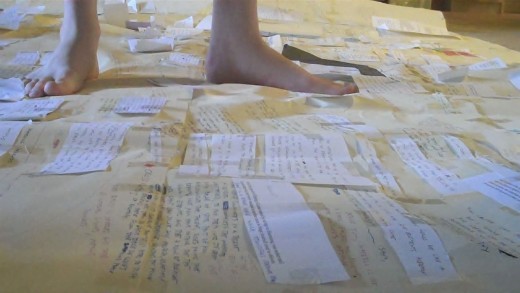
DON'T:
Don't create busywork for your writers. If a change in phrasing isn't absolutely necessary to improve the clarity, flow or music of a piece, don't make it. You're the editor. The story is written by the writer, and all writers have their own voice. Don't kill it by imposing your own.
DON'T:
Don't hack apart and make massive rewrites to stories without talking to your writers about those changes first. It's bad form (and very unprofessional) to make major edits on a piece of work without author approval. Little changes (fixing misspelled words, simple tense changes, correcting character name inconsistencies) are fine and expected, but major revisions without consent are not. You have to be willing to work with your writers, take their opinions in stride and allow them to withdraw their work if they don't like the changes you want to make. Be willing to compromise (within reason.) If you and a given writer cannot agree on what must be done to make a piece of work ready for publication (by your standards) then reject the work and move on. Irreconcilable artistic differences aren't common, but they do happen because we've all read different books, have different voices and different ideas about what makes writing good.
DON'T:
Don't forget that communication is the key to being a successful editor. Talk with your writers. Let them know what you're doing (and when you expect to be done) every step of the way. Assume that your writers are normal, forgetful people with busy lives who are always in a hurry when they read your letters or emails. Again, repetition is important. Don't be afraid to say the most critical things more than once.
DON'T:
Don't make announcements or send emails without carefully proofreading them first. Few things will undermine a writer's faith in an editor faster than a typo-ridden email (or worse, a typo-ridden rejection letter.) Being precise in all things even slightly business-related is part of an editor's job. If you want writers to respect you, you have to do your job.
DON'T:
Don't publish or release “edited” work after reading it only once (especially if you're in a hurry.) It's the writer's job to provide clean copy, but it's your job to make sure the copy is the cleanest it can be. Spellcheck is not enough. Speed reading through is not enough. Read each piece aloud. Look for specific kinds of errors. Learn your writer's style. Find out what kind of errors he or she normally makes over and over again and look for those. Take your time. Yeah, the big boys put out plenty of typo-ridden drivel. Be better than that, and your work will stand out.

For more information, check out my three-part talk on "Book Publishing in the Digital Age" to the right of this paragraph.
You can also find out more about the author by visiting http://www.eswynn.com



